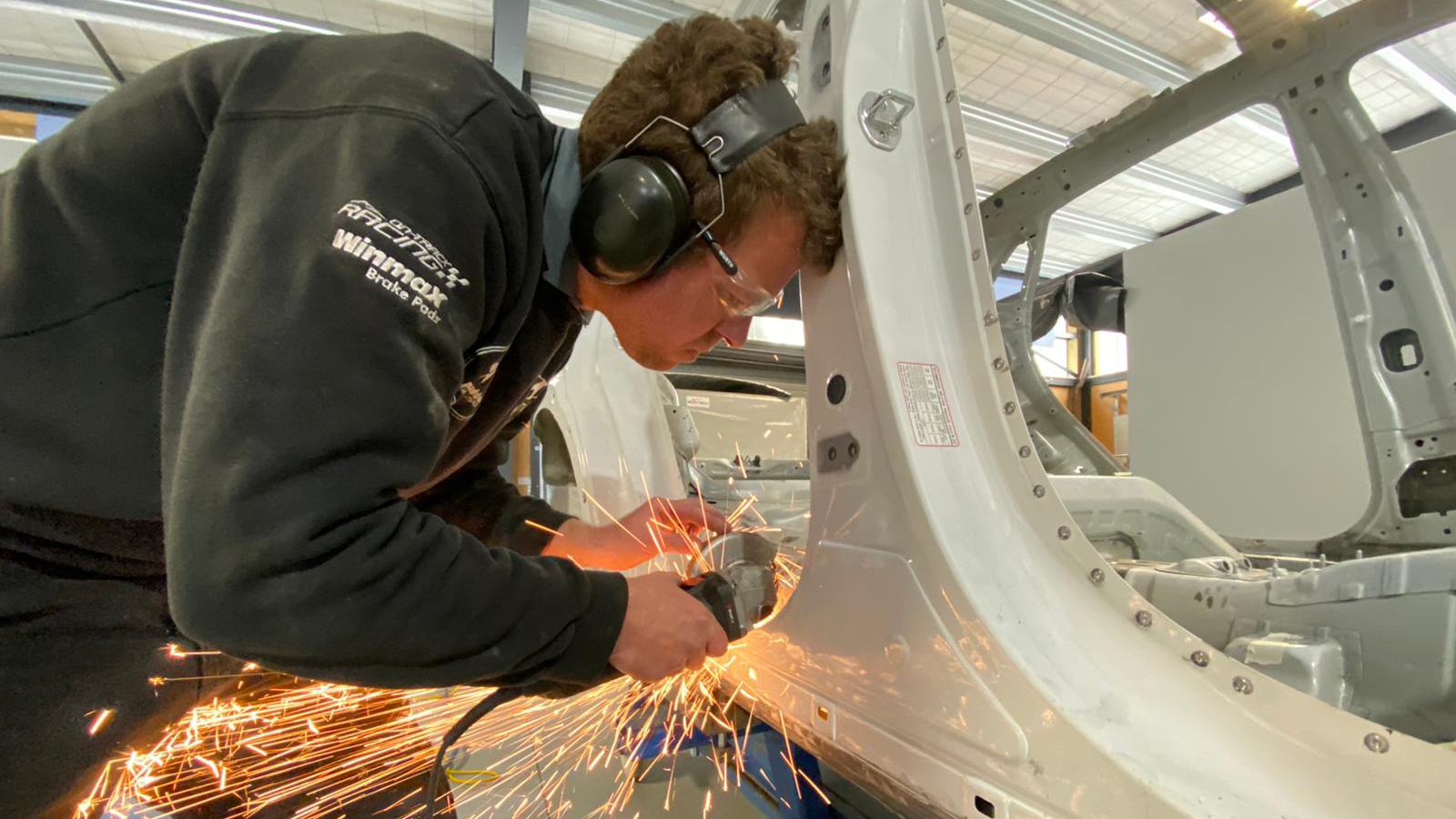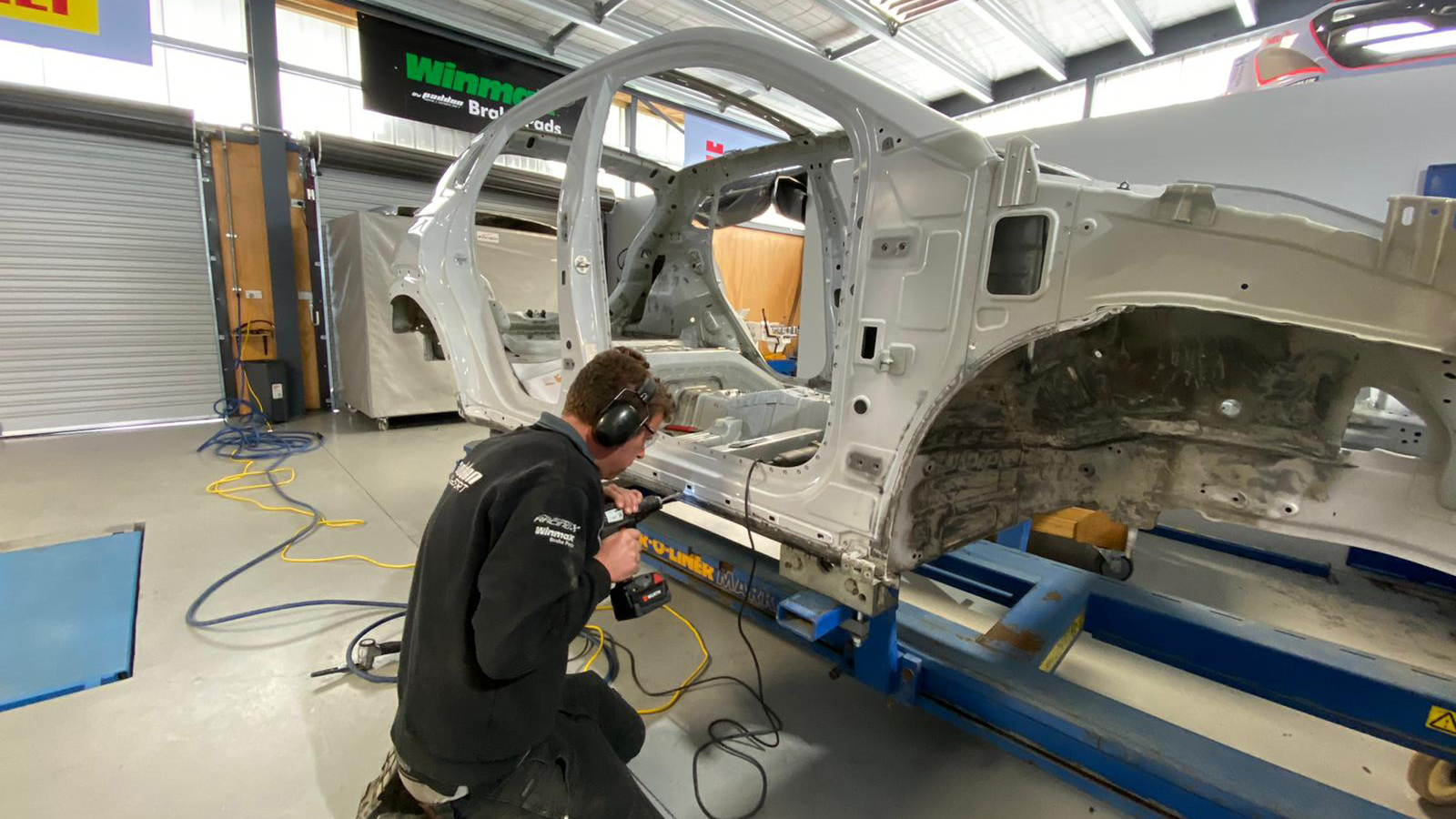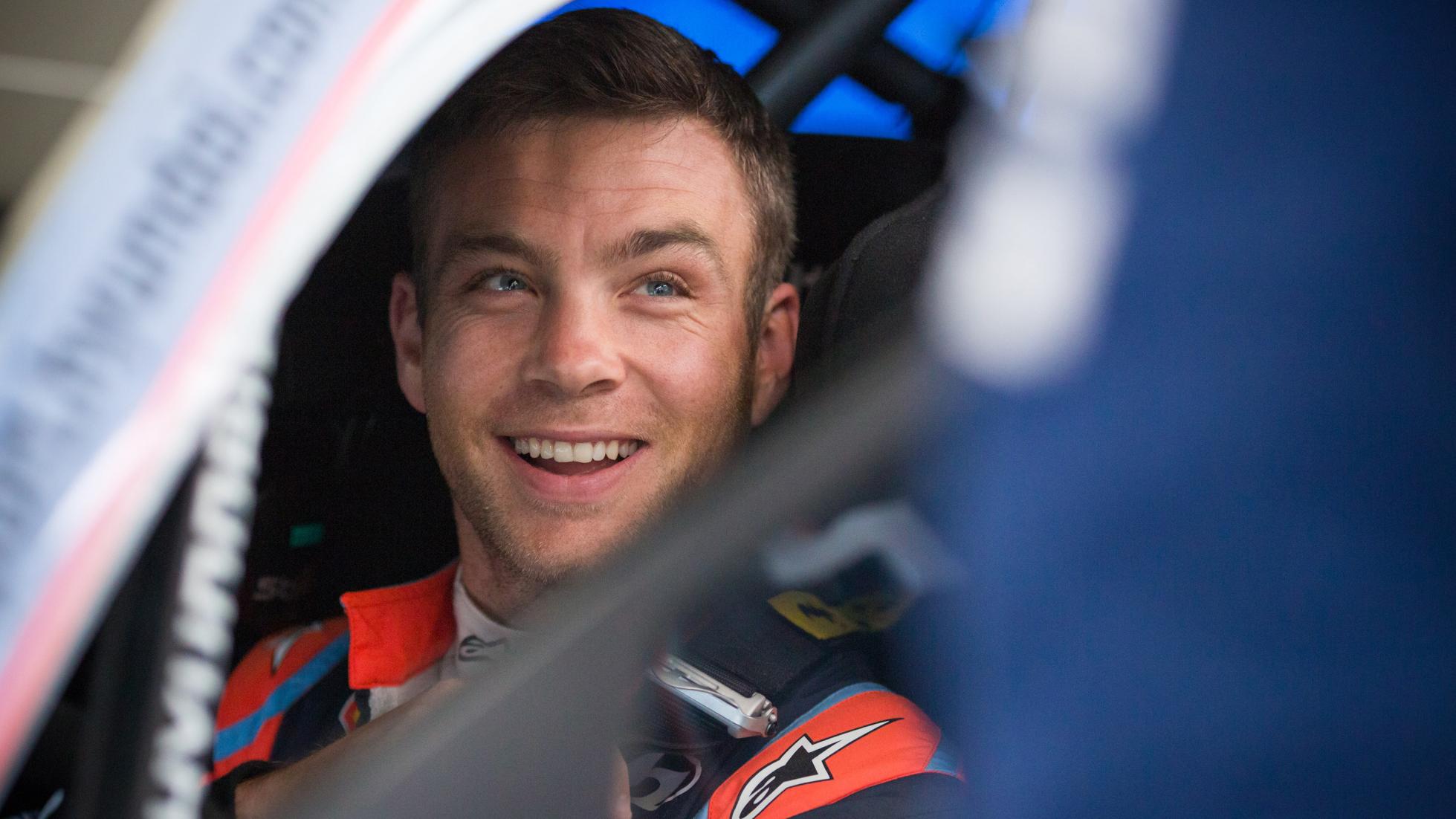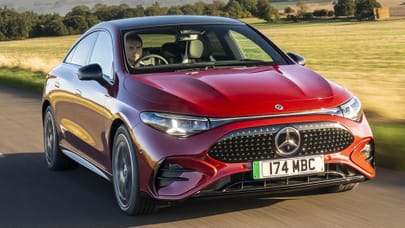
How to turn a Hyundai Kona into an 800bhp EV rally car
Part one in an exclusive build series, as a WRC driver turns skunkworks racecar maker
Back in the summer we brought you news of an electric Hyundai rally car with 800bhp potential. Well, rather excitingly, the build process has begun, and you’ll be able to get exclusive updates of how it’s progressing on TopGear.com.
The orchestrator behind the project is Hayden Paddon, a World Rally Championship driver who’s spent a number of years as part of Hyundai’s works team but is now branching out. The car’s being built in his Kiwi homeland with the help of Hyundai New Zealand among a number of other partners.
“We don’t want an electric car for an electric championship,” he tells us. “We want to showcase this against current cars, to show electric can be fast, cool and hold its own. We have to do it now or motorsport will get left behind.”
So while WRC teams prepare for a switch to hybrid powertrains, Hayden’s trying to forge ahead with a fully electric alternative boasting a heap of extra power. It’ll be based on a Hyundai Kona, but expect the end result to look and feel worlds away from a tame little crossover.
“The last few days we’ve started physically engineering the chassis and the bodyshell,” says Hayden. “We started with a Kona road car from Hyundai and stripped it right back to a bare shell, which we’re now preparing. It’s not a Kona Electric; the petrol and electric Konas share the same bodyshell, so for us it doesn’t really make much difference as we’re cutting out the tunnel.
“It’s a big car, which has its pros and cons, but the Kona is the EV in Hyundai’s range so it works commercially. The positive is more space for the batteries and things inside the car. But it’s heavier and taller than a regular hatchback, so body roll is higher.
“Our car will probably be lower than a standard Kona, even in rally trim, but ground clearance is actually really good. The batteries will be in the floor as part of the car’s structure.
“We’re making the bodyshell as light as we can, to countenance the weight, and by the time that’s done the design should be 100 per cent finished on the computer. That’s when we cut the firewall out and start fitting the roll cage. That should be one of the easiest parts.”
The design is very nearly there, he says. “The last six months has been CAD drawings and attempting to think two steps ahead of ourselves. We’re trying to design the best geometry based on how EP4 and WRC cars behave in terms of yaw, pitch and roll, then try to determine what we think is the perfect set-up before working that into a competitive weight distribution.
“We’ve had to simulate that the best way we can without having a physical car. That’s been imperative before physically building it, which has meant liaising with Stard, our partner in Austria. We’ve got to work with them to get those drawings and that data. There’s been a bit of to-ing and fro-ing between different people, but we’re very close to freezing the design.”
Top Gear
Newsletter
Thank you for subscribing to our newsletter. Look out for your regular round-up of news, reviews and offers in your inbox.
Get all the latest news, reviews and exclusives, direct to your inbox.
Hayden’s next update will give us a glimpse of a Kona like we’ve never seen it before. Excited?
Trending this week
- Car Review
BMW iX3










